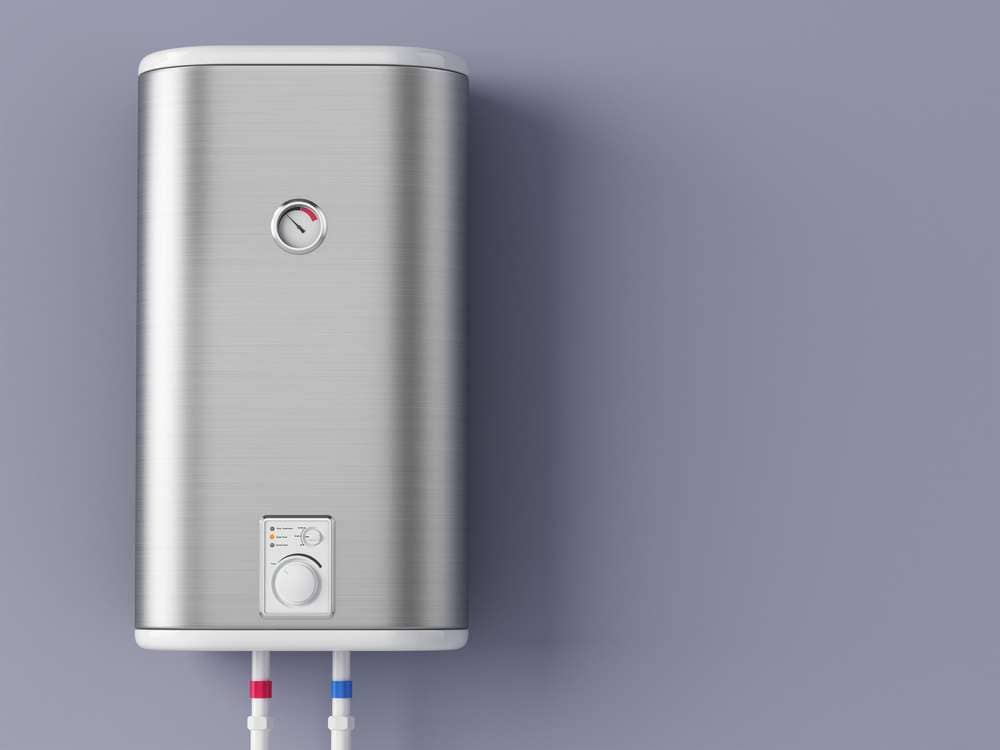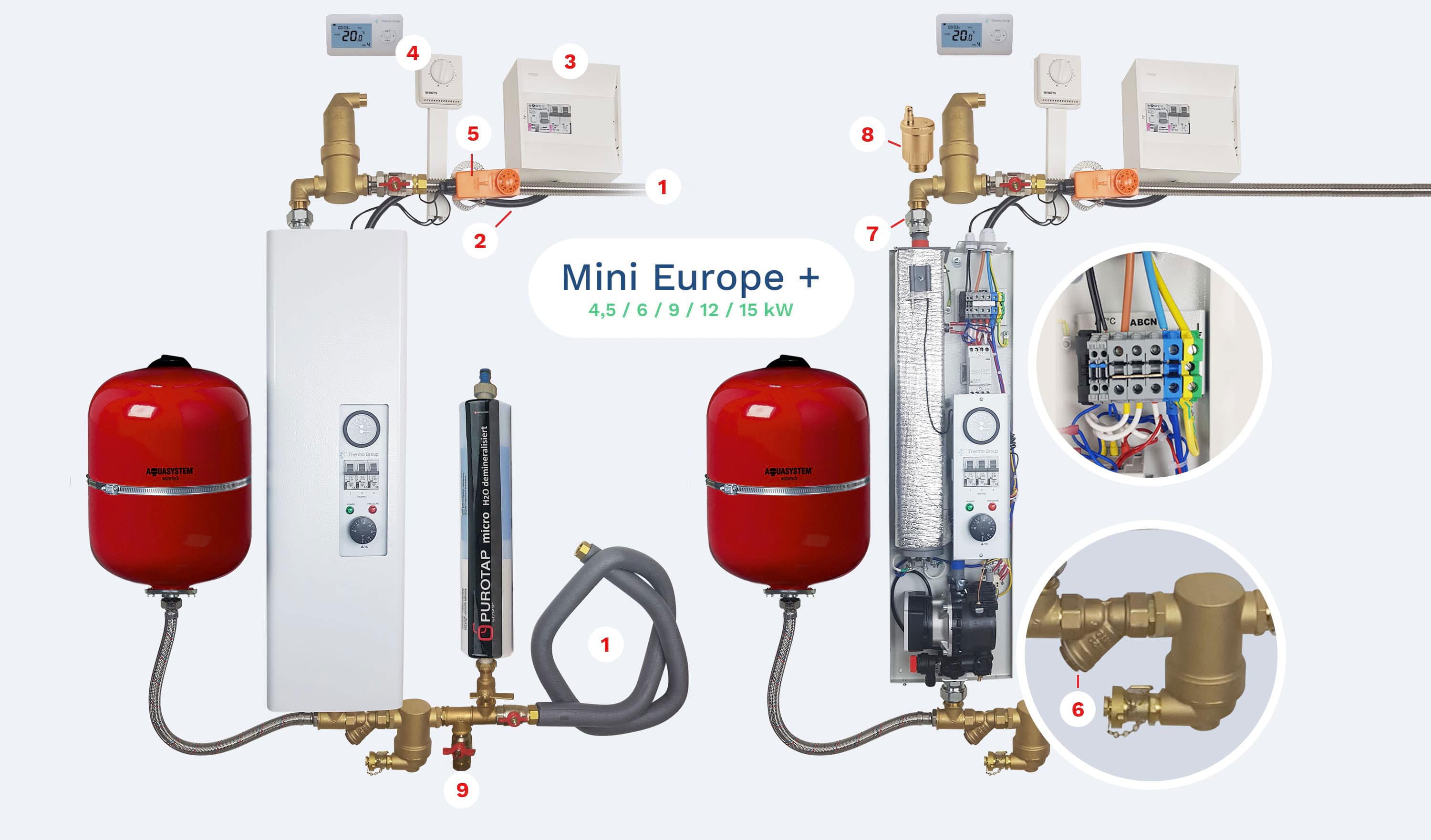
Do you want to install an electric boiler? Congratulations, you have chosen the right appliance! If all electric boilers work on the same principle – to consume electricity to produce heat – they do not use all the same technologies. Zoom on the different types of electric boilers, and our advice to avoid mistakes.
The different types of electric boilers: comparative table
How it works | Benefits | Disadvantages | |
| Classic Boiler | This is the most common type of boiler. The water is heated by electrical resistance before being injected into the heating circuit. It then emits heat via transmitters (radiators, floor heating, etc.).
|
|
|
| Ionic Boiler | This technology is more complex. To summarize, heat is generated from electrons and water molecules that together release energy and heat the water. |
|
|
Induction boiler | On the same principle as induction hobs, heat is generated by an electromagnet in contact with metal. |
|
|
What type of electric boiler choose?
If there are many boilers on the market, the classic boiler – with an electrical resistance – remains the most common model. The reason ? For most individuals, a “traditional” electric boiler is enough. Its affordable price, small size, ease of installation and excellent performance make it a product that meets all needs.
Whether you live in a small apartment or a house, whether you have radiators or a heated floor, the classic electric boiler necessarily meets your expectations. No need to clutter with an appliance too big, or too expensive … Make the choice of simplicity with an electric boiler with high efficiency, accessible, and quality.
> See also: ThermoGroup Electric Boiler: the smart choice to fight planned obsolescence

